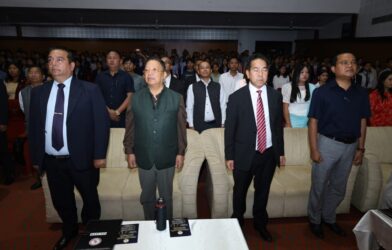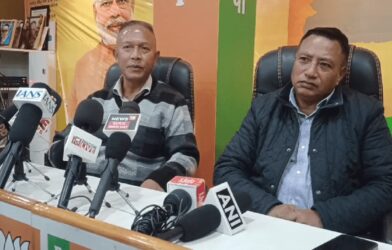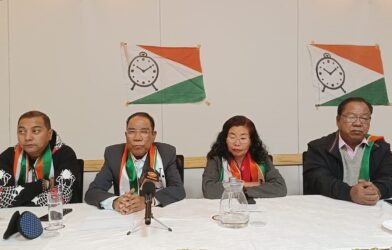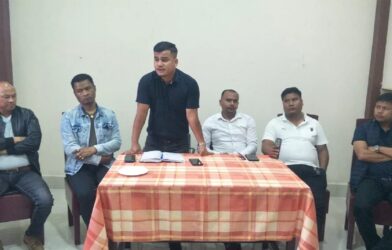New Delhi,May 27: The World Health Organisation (WHO) on Saturday confirmed three cases of mosquito-borne Zika virus, including a pregnant woman, in Gujarat’s Ahmedabad.
The Ministry of Health and Family Welfare-Government of India (MoHFW) reported three laboratory-confirmed cases of Zika virus disease in Bapunagar area of Ahmedabad in Gujarat.
The virus is transmitted to people through a bite of an infected mosquito called Aedes Aegypti, which also transmits dengue and chikungunya.
According to the WHO, “One sample from a 64-year-old male presenting with febrile illness of 8 days’ duration (negative for dengue infection) was found to be positive for Zika virus at BJMC, Ahmedabad. This is the first Zika positive case reported through AFI surveillance at BJMC, Ahmedabad, Gujarat State.”
Another case was reported by a 34-year-old female, who delivered a clinically well baby, at the BJMC in Ahmedabad on November 9 in 2016 and her sample was referred to the Viral Research & Diagnostic Laboratory (VRDL) at the BJMC for dengue testing and thereafter found to be positive for Zika Virus. The sample was re-confirmed as Zika Virus positive by RT-PCR and sequencing at NIV, Pune, as per the reports.
The third sample, taken from a 22-year-old pregnant female in her 37th week of pregnancy, has also been tested positive for Zika virus disease.
These findings suggest low level transmission of Zika virus and new cases may occur in the future.
It said, “Efforts to strengthen surveillance should be maintained in order to better characterise the intensity of the viral circulation and geographical spread and monitor Zika virus related complications.”
The WHO continues to monitor the epidemiological situation and conduct risk assessment based on the latest available information.
The WHO has further advised that the prevention and control relies on reducing mosquitoes through source reduction (removal and modification of breeding sites) and reducing contact between mosquitoes and people.
“During outbreaks, health authorities may advise that spraying of insecticides be carried out. Insecticides recommended by the WHO Pesticide Evaluation Scheme may also be used as larvicides to treat relatively large water containers,” it further said.
“Basic precautions for protection from mosquito bites should be taken by people traveling to high risk areas, especially pregnant women. These include use of repellents, wearing light colored, long sleeved shirts and pants and ensuring rooms are fitted with screens to prevent mosquitoes from entering,” it stated.
The WHO does not recommend any travel or trade restriction to India based on the current information available, it concluded. (ANI)






